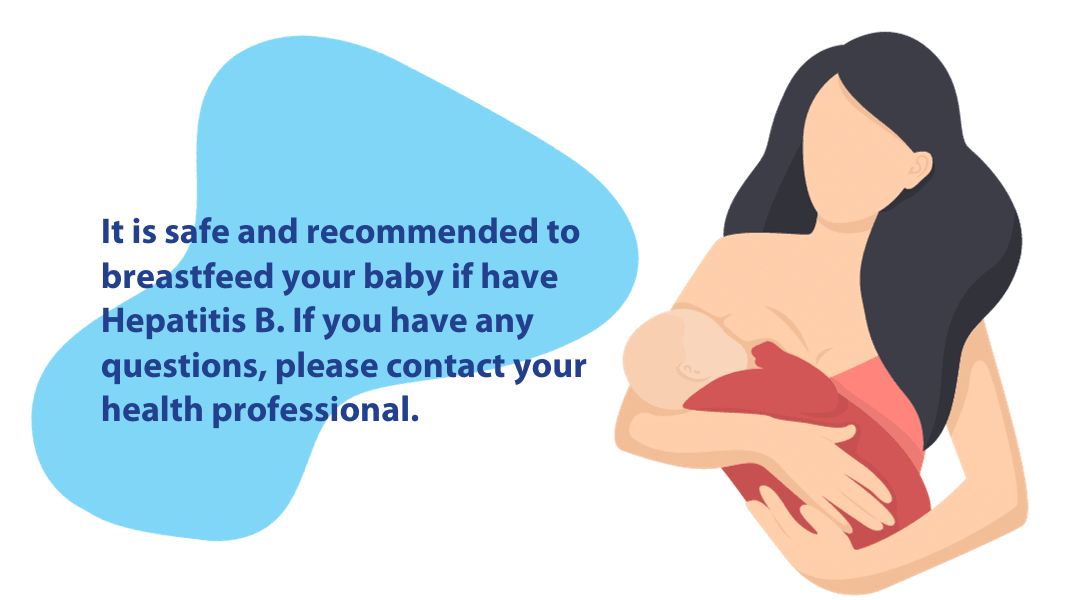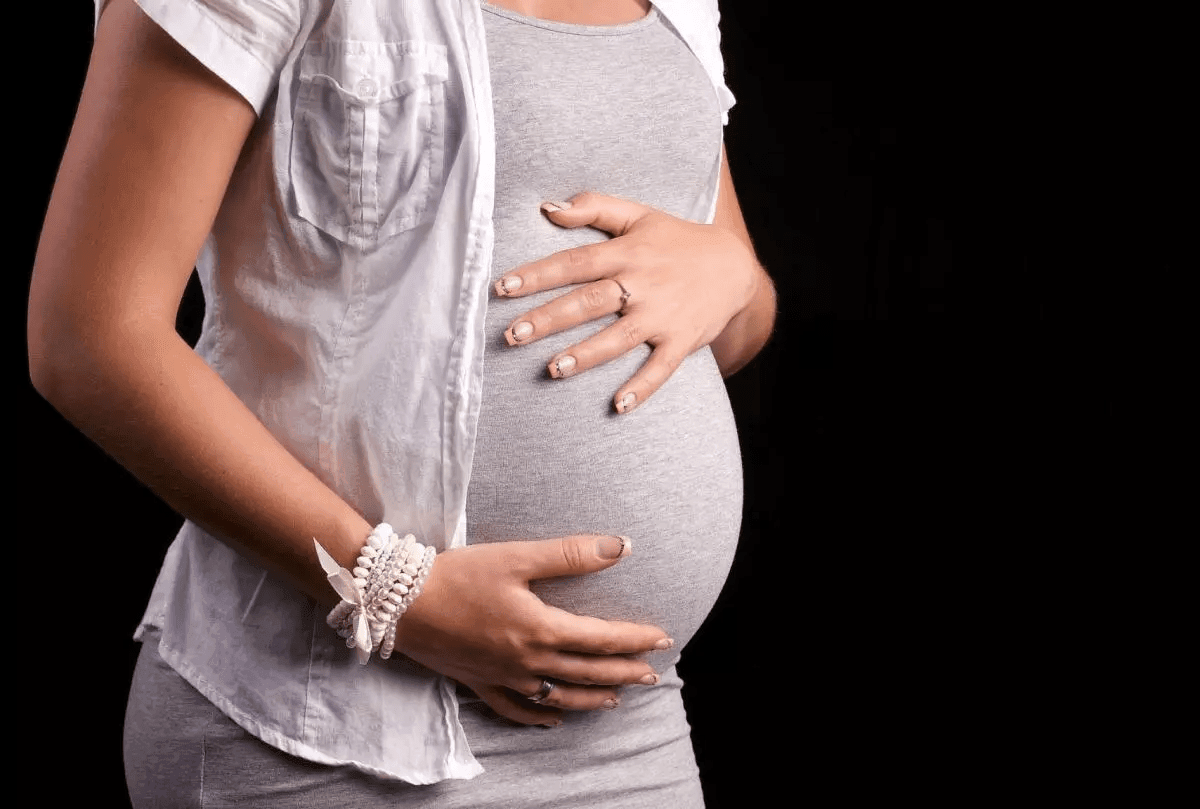Pregnancy, hepatitis B, liver disease and your baby
Our clinical team is often asked whether hepatitis B and other liver diseases can cause problems for people who are pregnant and their unborn babies. The good news with hepatitis B is it usually doesn't. But if you have hepatitis B and you're expecting, we recommend telling your doctor or midwife so your baby can be protected from the virus as soon as it's born.
People with chronic hepatitis C should also tell their doctor or midwife of their condition so their health can be monitored. While the risk of transmission during pregnancy or birth is less than five percent, there is an increased chance of transmission in the acute (new) stage of hepatitis C or co-infected with HIV. Hepatitis C can make some pregnancy side effects more noticeable.
Should I be tested for hepatitis b if I am pregnant?
Yes. All people who are pregnant should be tested for hepatitis B as part of their maternity care during early pregnancy. Your doctor or midwife will organise this as part of your early pregnancy blood tests.
Why is it important to be tested?
People with chronic hepatitis B infection can pass the infection on to their baby just before, or during, delivery. If your doctor or midwife is aware you have hepatitis B, your baby will be given hepatitis B immunisation and immunoglobulin soon after birth.
Will hepatitis B affect my pregnancy?
Hepatitis B infection doesn’t usually cause any problems for you or your unborn baby during pregnancy. It can cause problems for your health in the future. It is important your doctor or midwife are aware of your hepatitis B status so they can monitor your health.
If I am pregnant and have hepatitis B how can I protect my baby?
If you test positive for hepatitis B, your baby may become infected at birth. Your baby must be given two injections soon after delivery to provide protection.
The two injections are:
The first dose of the hepatitis B vaccine
A dose of hepatitis B immunoglobulin (HBIG).
If these two injections are given within the first 12 hours after birth, your baby’s chances of being protected against hepatitis B are more than 95 per cent.
However, you must ensure your baby receives the additional doses of the hepatitis B vaccine at six weeks, three and five months of age to ensure complete protection. Your baby should have a blood test at nine months to ensure it is fully protected from infection (hepatitis B vaccine is part of the normal infant vaccine mix given at these times).
It is important these immunisations are given to protect your baby from hepatitis b.
Further reduce the risk to your unborn baby
If you have very high levels of the hepatitis B virus in your blood, there is still a small chance your baby will become infected while in the womb (before the immunisations can work).
If you test positive for hepatitis B, you should be tested to check whether you have a high level of the hepatitis B virus in your blood. If you do, your doctor, midwife or the Hepatitis Foundation will refer you to a specialist at the hospital, where you may be offered a tablet called tenofovir. This tablet is started in the third trimester and continued until the specialist recommends it. It stops the hepatitis B virus from multiplying, thereby helping stop the virus from crossing the placenta and infecting your baby.
This treatment is safe for you and your baby, and you can breastfeed while taking it.
Please contact us for more information or support.

If you are positive for hepatitis B your midwife or doctor should refer you to the foundation or you can contact us for a self-referral.



